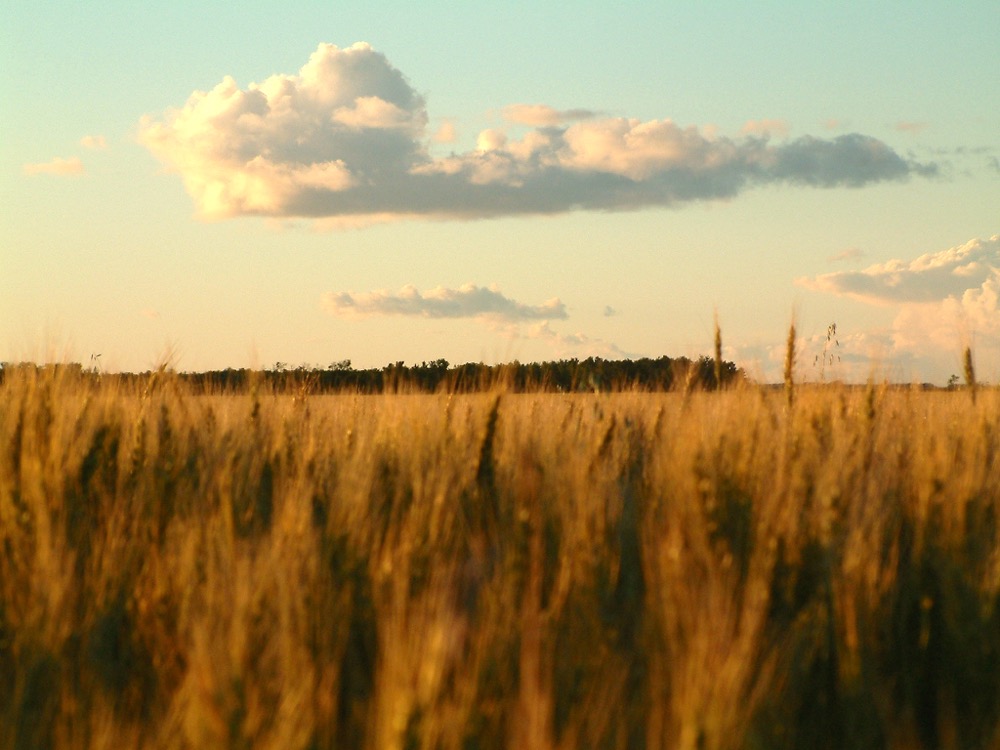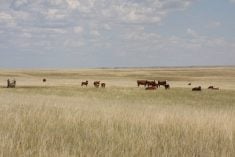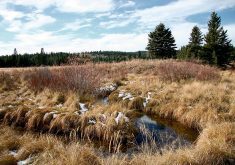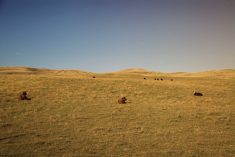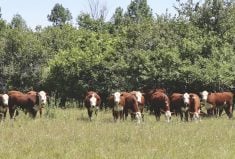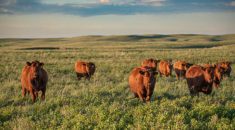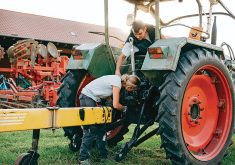Say you own a brewery (that’s the dream, right?).
You’ve taken a close look at the changing consumer landscape and you think you understand what your customers want. Sure, they expect a good product — but more than that, they want a product they can feel good about buying.
So you decide to show your customers that you’re committed to preserving Canada’s natural resources — the land and water that helps produce your beer.
That’s where ALUS Canada’s New Acre program comes in.
Read Also
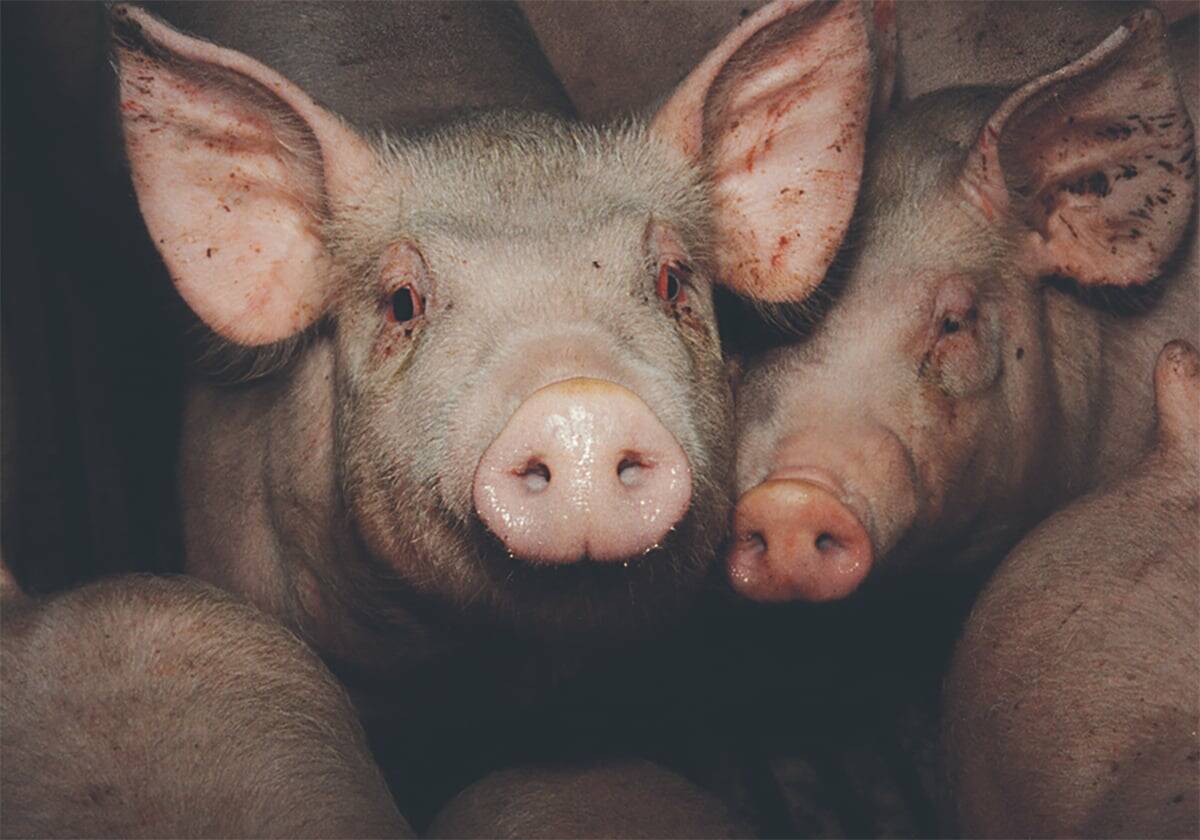
Scientists discover cause of pig ear necrosis
After years of research, a University of Saskatchewan research team has discovered new information about pig ear necrosis and how to control it.
“That’s what this tool is designed to do — help create conditions where corporate Canada can sponsor outcomes that help offset their landscape impacts,” said Bryan Gilvesy, CEO of ALUS Canada.
“The farmer becomes a ‘new acre’ producer. They’re producing something for a new marketplace that didn’t exist before.”
Launched late last year, the New Acre program joins a growing number of corporate sustainability initiatives that are designed to reward producers for using sustainable management practices. Under the program, companies help fund ecological projects on farms and ranches that compensate producers for their stewardship efforts.
“We feel very confident that this is the type of tool that Canadian corporations have been waiting for,” said Gilvesy, an early ALUS participant on his southern Ontario ranch. “We know darn well that our farmers and ranchers are very, very good at what they do and provide the correct conditions through which corporations can feel comfortable spending that money.”
The program also allows producers greater choices for their marginal lands, he added.
“They might have lands that they’re not getting a crop out of two out of three years. Instead of producing canola on that land, we allow them the opportunity to produce ecosystem services or ‘new acres,’” said Gilvesy.
“From there, you can make an assessment of which lands you’ll grow which ‘crop,’ just like anything else. It clearly cements the notion that we’re producers and that we’re producing something. This is just something new for a different marketplace.”
In the past, producers haven’t always been fairly compensated for preserving their land, said Gilvesy.
“Producers from across Canada have been asked to provide a lot of environmental benefits for Canadians for no reward over the years,” he said. “But you can’t make the environment in Canada better without these people and without their lands. It’s an essential contribution.”

